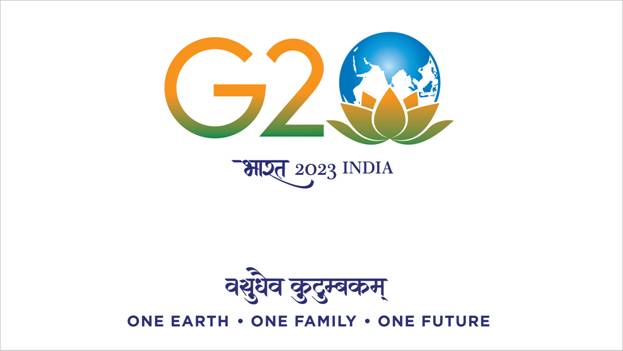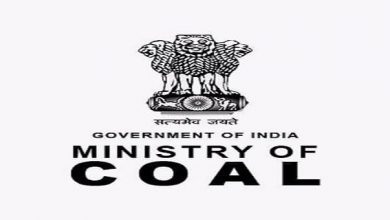G20 Health Working Group Playing Critical Role In Addressing Challenges Of Climate Change And Health
The event will be held in Goa on April 20th

The Asian Development Bank is planning a side event for the G20 secretariat on “One Health” in partnership with the MoHFW, Ministry of Animal Husbandry and MoEFCC. The event will be held in Goa on April 20th.
The G20 Health Working Group is an important platform for addressing the challenges of climate change and health. The group can play a critical role in ensuring that health is at the forefront of climate change adaptation and mitigation plans. This can be achieved by encouraging and supporting countries to develop and implement health-focused climate action plans that address the unique health risks associated with climate change.
The G20 Health Working Group can also support the development of innovative approaches to climate change and health, such as the One Health approach, which recognizes the interdependence of human, animal, and environmental health. This approach can help to prevent and control the spread of zoonotic diseases that can emerge as a result of climate change.
Furthermore, the G20 Health Working Group can support capacity building efforts in developing countries to improve their ability to cope with the health impacts of climate change. This can include providing funding and technical assistance to strengthen health systems, improve surveillance and monitoring of climate-sensitive diseases, and develop effective strategies for responding to climate-related health emergencies.
In conclusion, the G20 Health Working Group has a critical role to play in addressing the challenges of climate change and health. By prioritizing health in climate change adaptation and mitigation plans, supporting innovative approaches such as One Health, and building the capacity of developing countries to cope with the health impacts of climate change, the group can contribute to the well-being of the world’s population, particularly in lower and middle-income countries.
The environmental determinants of health, such as clean air, safe drinking water and sanitation, are affected by climate change, which can increase communicable diseases and infections, as well as non-communicable diseases (NCDs), including cardiovascular disease, some cancers, respiratory health,mental disorders, injuries, and malnutrition.
The G20 has focused on public health since 2016 but this is the first time that it is focussing on climate and health. Climate change impacts human and animal health through extreme weather such as heatwaves, floods, and drought, through the expanding spread of infectious diseases and an added burden of non- communicable diseases, as well as through fundamental changes to the air, water supplies, and food systems.
Since COP26 in Glasgow, momentum has grown among governments, international agencies, and non-state actors to align health sector development with the ambition of the Paris Agreement. In Glasgow, 52 national health ministries committed to resilient, sustainable, low-carbon health systems through the COP26 Health Programme. In 2022 the World Health Organization established The Alliance for Transformative Action for Climate and Health (ATACH) to realize the ambition set at COP26 and build climate-resilient, sustainable, low-carbon health systems, using the collective power of the WHO Member States and other stakeholders. Today, ATACH has been endorsed by 63 countries, with 24 committing to net zero health systems.
“Health for All” is impossible in a +1.5°C world. This reality requires health leaders in all countries and at all levels to play an urgent role in aligning climate and health goals. This is critical to meeting the combined ambitions of the Paris Agreement.
People’s physical, mental, and social health can benefit from addressing these environmental determinants of health, including those affected by climate change.
Consequently, reducing climate emissions in all sectors is needed to protect human health, animal health and the environment from the climate crisis. It will simultaneously bring significant health gains (co-benefits) from reduced air pollution, healthy and more sustainable diets, sustainable and active transport and more.
In May 2022, G7 health ministers declared their aim “to build environmentally sustainable and climate-neutral health systems by 2050 and to support other countries in this effort.” Its parallel commitment to ATACH brings the total percentage of health emissions slated for decarbonization to almost 48% of allglobal health emissions.
G20 Health Ministers have begun focusing on the interplay between climate change and human health. There is a major opportunity for the G20 to build on this momentum and provide leadership by building on the ongoing work for the health sector to address its climate vulnerability and lead the world in delivering climate-resilient health infrastructure and services.




